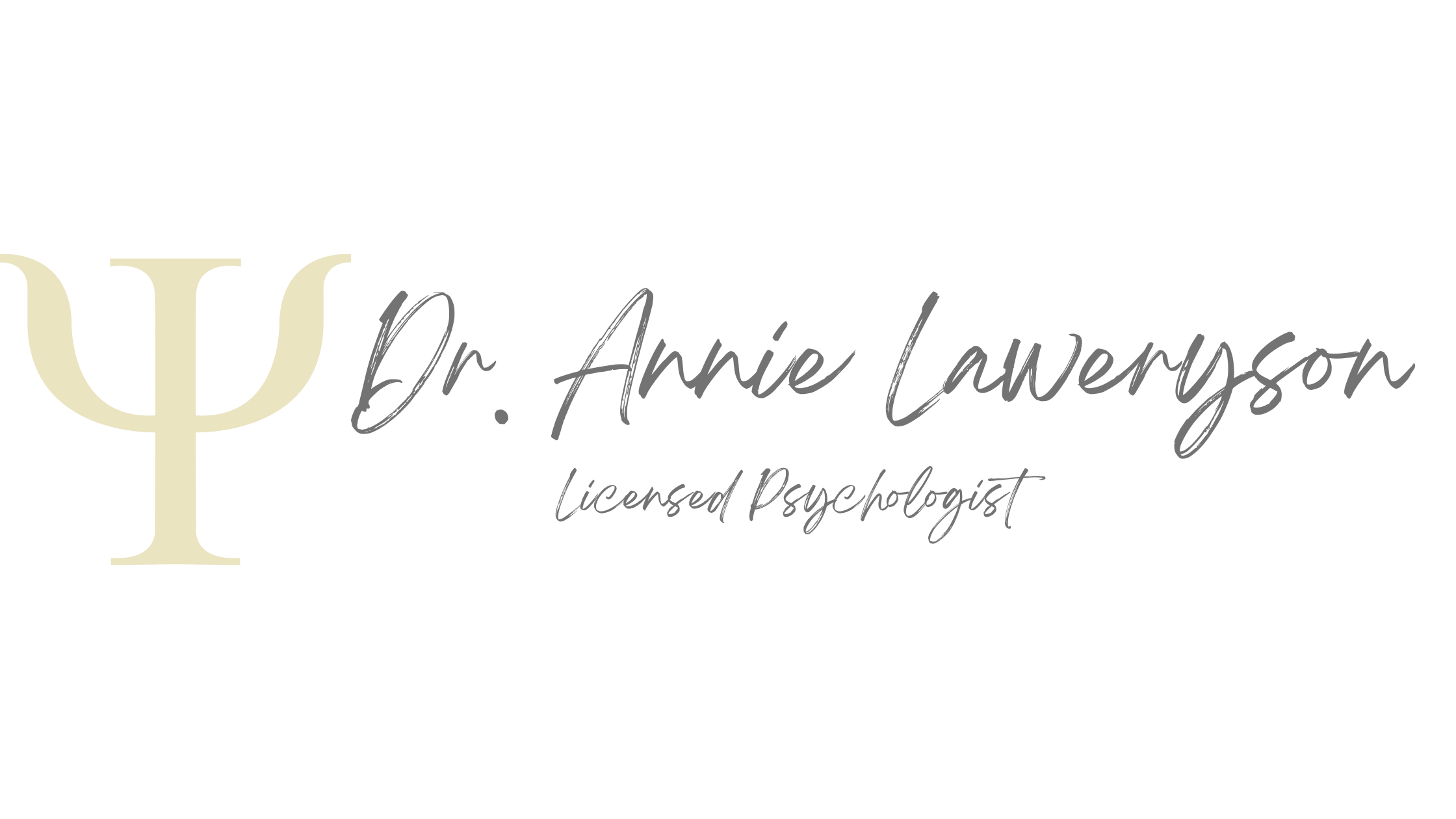Outpatient treatment for eating disorders
If you are someone who feels anxious around food, feels consumed by a fear of gaining or losing weight, can’t stop thinking or planning your life around meal times, has experienced a sense of loss of control around food, has felt a deep sense of shame, guilt, or embarrassment around your eating habits, or have tried to hide your eating habits from loved ones, then you may be struggling with an eating disorder.
I dedicate about half of my practice to treating people of all genders, age 14 and older with eating disorders in an outpatient setting. I have a lot of compassion for folks struggling with eating issues and work to create a space where you or your loved one will feel respected, cared for, and heard.
What are eating disorders? Eating disorders can take many different forms. For example, some people struggle with restricting the amount of food eaten. Some people engage in purging behaviors such as regular vomiting, taking laxatives, or using excessive exercise to lose weight. Whereas other people may engage in both restricting and purging. There are also folks who experience severe forms of binge eating without restricting food or engaging in purging behaviors. In my practice I treat people with Anorexia Nervosa, Bulimia Nervosa, and Binge Eating Disorder.
Who gets an eating disorder? You can’t always tell when someone has an eating disorder and there is no one stereotype or physical appearance that signals if a person is struggling or not. People with all body shapes, sizes, colors, heights, weights, ethnicities, races, genders, ages, and social classes can struggle with an eating disorder.
What else should I know? Eating disorders aren’t necessarily about the food. Often, there is an underlying emotional concern or need that is not being met. When combined with societal pressures to be a certain shape and weight, many people find themselves coping with unmet needs and difficult emotions by controlling their bodies through diet and exercise. This dynamic creates an unhealthy relationship with food and can increase a negative body image. People who are struggling with eating issues are also likely to have depression, anxiety, and/or underlying trauma. These symptoms can be overwhelming, debilitating, and severely impact one’s life.
What about recovery? On a hopeful note, research shows that psychotherapy is beneficial in resolving these kinds of issues. If you work with me I will probably recommend for you to also meet with your Primary Care Provider on a regular basis to ensure your best chance of recovery. This process can also lead to overall improvements in physical and mental health as well.
What kind of treatment do you use? I use evidence-based practices such as Cognitive Behavioral Therapy and attachment theory to focus on resolving underlying issues, building skills, and improving overall quality of life. Sometimes I do sessions with the whole family. Generally, treatment may include resolving past hurts or trauma, learning new healthy coping skills, working to build more positive relationships in your life, interventions designed to build confidence and self-esteem, working to heal your relationship with food, and working on a more positive body image, to name a few. Everyone’s journey is a little bit different and I will tailor your treatment to fit your specific needs.
Next steps? Give me a call at (253) 528-3242 to set up a free phone consultation.
It is important to acknowledge that Dr. Annie Laweryson, PLLC runs and operates on the traditional homelands of the Puyallup Tribe which are a part of the federally recognized Coast Salish Native American Tribe. We acknowledge the significance of this land as well as the ongoing stewardship provided by the Puyallup and Salish People. We are committed to promoting, uplifting, and honoring the voices of the Coast Salish People as well as other Indigenous People, especially within the field of psychology.
